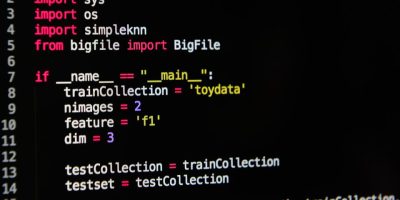The East African Court of Justice (EACJ) Appellate Division has declined a request from the Tanzanian government to dismiss an appeal filed by four civil society organizations (CSOs) opposing the East African Crude Oil Pipeline (EACOP) project.
Instead, the court has directed the CSOs to file supplementary records by November 29, 2024, to facilitate the continuation of the appeal.
The CSOs Africa Institute for Energy Governance (AFIEGO) and the Center for Food and Adequate Living Rights (CEFROHT) from Uganda, Natural Justice from Kenya, and the Center for Strategic Litigation from Tanzania filed the appeal in December 2023.
The appeal challenges a November 2023 ruling by the EACJ’s First Instance Division that dismissed their original case on grounds of late filing.
The case accuses the EACOP project of violating regional and international laws, including human rights and environmental standards.
Justice Nestor Kayobera, President of the Appellate Division, presided over the proceedings, alongside Justices Anita Mugeni, Kathurima M’Inot, Cheboriona Barishaki, and Omar Othman Makungu.
The court emphasized the public interest nature of the case, with Justice Kayobera stating that dismissing the appeal would undermine fairness and the shared responsibility of all parties to ensure the submission of necessary records.
Tanzania’s Deputy Solicitor General, Mark Mulwambo, had sought the dismissal of the appeal, arguing that the missing record of proceedings rendered the appeal incompetent.
However, CSO lawyer Dr. Nshala Rugemeleza countered that the omission was curable, advocating for the inclusion of the missing documents to allow the case to proceed.
The CSOs contend that the EACOP project, led by TotalEnergies and the China National Offshore Oil Corporation (CNOOC), alongside the Ugandan and Tanzanian governments, poses grave risks to communities and the environment.
The pipeline, slated to transport crude oil from Uganda to the Tanzanian port of Tanga, traverses ecologically sensitive areas and has already displaced several communities without adequate compensation.
Speaking after the hearing, AFIEGO CEO Dickens Kamugisha expressed hope that the court would ensure justice for affected communities, highlighting the global significance of the case as the UN climate conference continues in Baku, Azerbaijan.
Lawyer Dale Onyango from Natural Justice commended the court for prioritizing the plight of displaced persons over procedural deficiencies, while another lawyer, Amina Acola, noted the case’s high public interest, evidenced by the attendance of affected community members.

Sign up for free AllAfrica Newsletters
Get the latest in African news delivered straight to your inbox
Success!
Almost finished…
We need to confirm your email address.
To complete the process, please follow the instructions in the email we just sent you.
Error!
There was a problem processing your submission. Please try again later.
One such attendee, Gozanga Kyakulubya from Uganda’s Kyotera District, lamented his struggles, including loss of land and inadequate compensation.
“We need at least one court to be fair to EACOP host communities,” he said, expressing faith in the EACJ to deliver justice.
The legal battle against EACOP began in November 2020 as part of a broader campaign to halt the pipeline project.
The CSOs argue that the project violates international agreements such as the Paris Climate Agreement and the African Charter on Human and Peoples’ Rights. They claim inadequate assessments of EACOP’s social, environmental, and climate risks.
The appeal hearing has been adjourned to allow the filing of the supplementary records.















